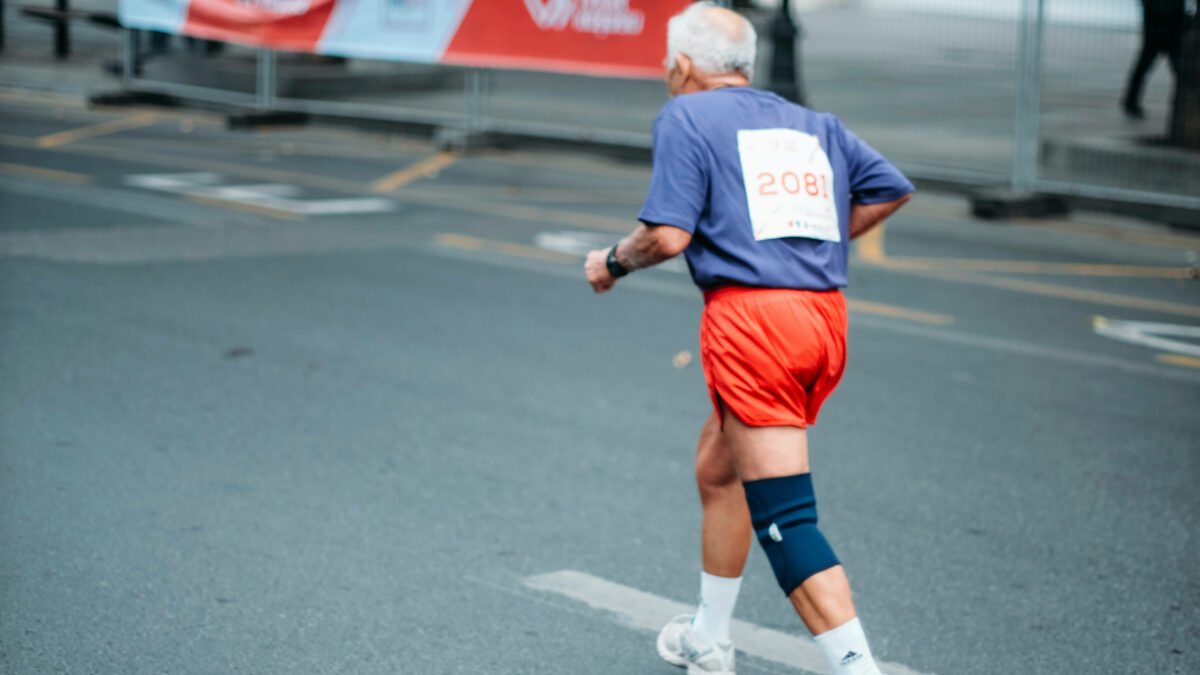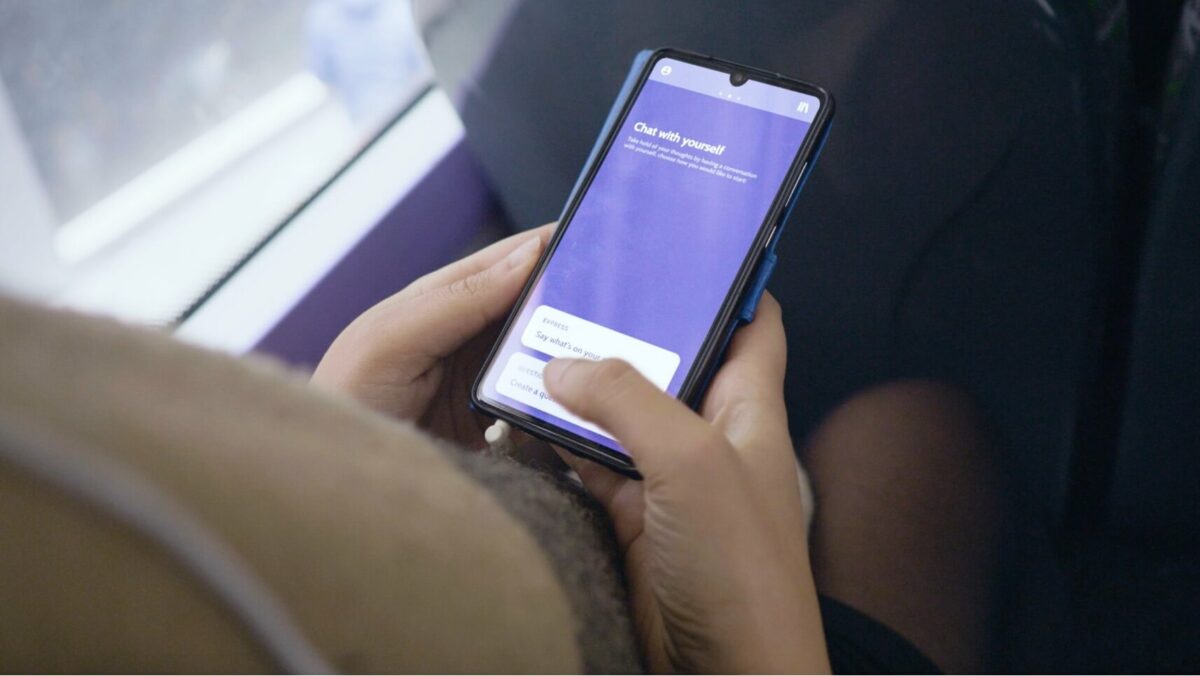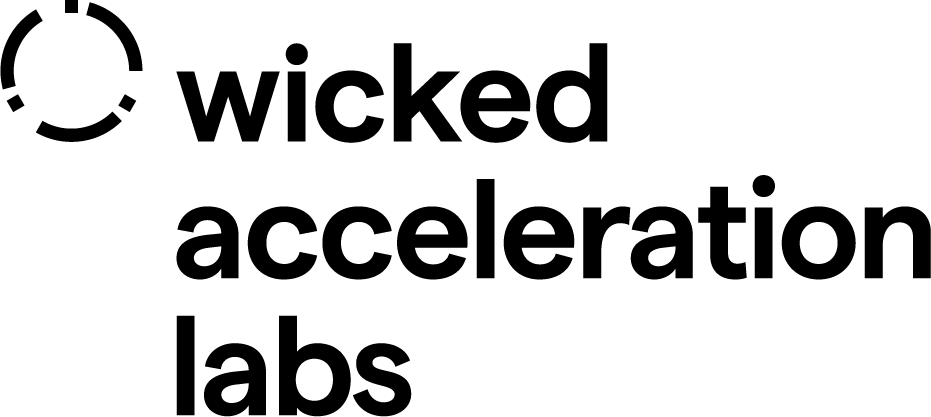Envisioning the future of digital mental health and wellbeing

Delivering breakthrough innovations to address some of the greatest challenges in the health sector worldwide
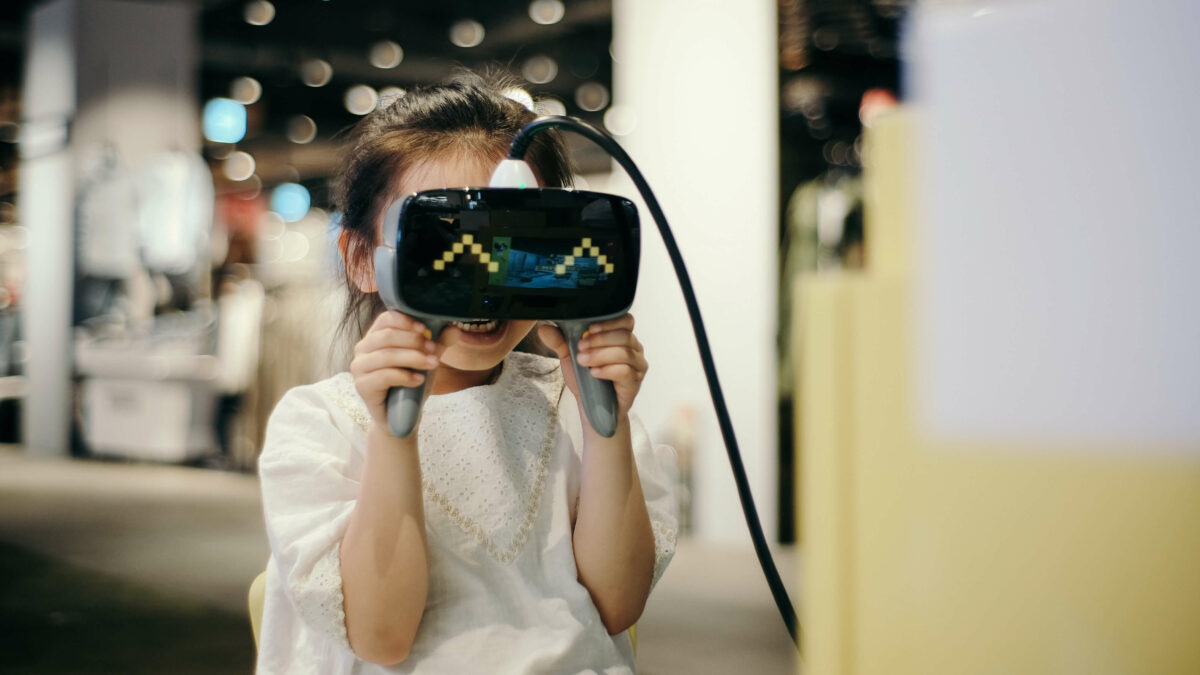
The Service Futures Lab was a three-year joint research project (2018-2020) by the Service Design Programme of the Royal College of Art and Alpha Health, later Koa Health. Undertaken jointly, this research collaboration aimed to explore visions of future digital services for mental health, develop and validate new propositions and services as well as to create a new service innovation framework for tackling ‘wicked challenges’ and imagining distant futures.
Alpha is Telefonica’s ‘Moonshot Factory’, established to advance their long-term strategic renewal. Alpha Health was Telefonica’s first moonshot, which graduated from Telefonica’s Moonshot Factory in late 2020 becoming an independent spin-out company called Koa Health.
Through the involvement of more than 120 designers, associates and postgraduates, the Lab was able to produce 92 scenarios, 56 service visions, 14 tested value propositions and launch 4 minimum viable services, leading to the creation and support of 2 new ventures to further develop and commercialise service offerings in partnership with RCA and Koa Health.
A novel service innovation process for moonshot design, validation and acceleration.
Organisations are looking at how to address the challenges of the future. Turbulence, uncertainty and new industrial dynamics demand different approaches to innovation capable of tackling the wicked problems of our age and shaping the next industries. One of the mainstream trends for doing this are “moonshots”: mission driven strategies that seek to build viable industrial responses to these huge challenges.
The mission of Alpha Health was to deliver breakthrough innovations to address chronic diseases. They believed that by bringing together cutting-edge knowledge and research on neuroscience, psychology, machine learning, design, and business, they could create innovative digital health services to help people make better decisions to improve people’s happiness, health, wellbeing, and ultimately radically reduce the impact of chronic disease globally.
The aim of the Alpha Health Lab was to enrich Alpha Health’s strategy by exploring problems, envisioning services, and prototyping experiences across multiple contexts. The approach was to use a diverse range of design processes and methods to unpack scientific and technological assumptions first into feasible future scenarios and transform them into validated value propositions that are needed, technically feasible, and commercially viable.
Design-led innovation phases
This design-led innovation project proposes a novel service innovation process for moonshot design, validation and acceleration using an action-research through design approach.
Envision Future Scenarios

Explore Service Visions
Design Value propositions
Deliver Live Services
A Toolkit: Canvasses to navigate ‘speculative-lean’ process
As a means of disseminating this process to others the lab created 63 canvases designed to help people understand and structure their thinking and activities during critical moments of the speculative-lean process taking you from envisioning future scenarios to delivering live services.
Tools
Competitor Analysis Tools (Competitor Analysis)
Use this template to analyse and breakdown key attributes of your competitors, including values, visual aspects and features.
Tools
Design Challenge Analysis
Use this tool to explore and discuss the value of each design challenge.
A portfolio of ideas: Envisioning the future of digital mental health and wellbeing.
Through the involvement of more than 120 designers, associates and postgraduates, the Lab was able to produce 92 scenarios, 56 service visions, 14 tested value propositions and launch 4 minimum viable services, leading to the creation and support of 2 new ventures to further develop and commercialise service offerings in partnership with RCA and Koa Health. Explore the ideas here:

Dimensions of change
Body
Your relationship with your body may be pressurised but you could have more capacity than ever to control it.
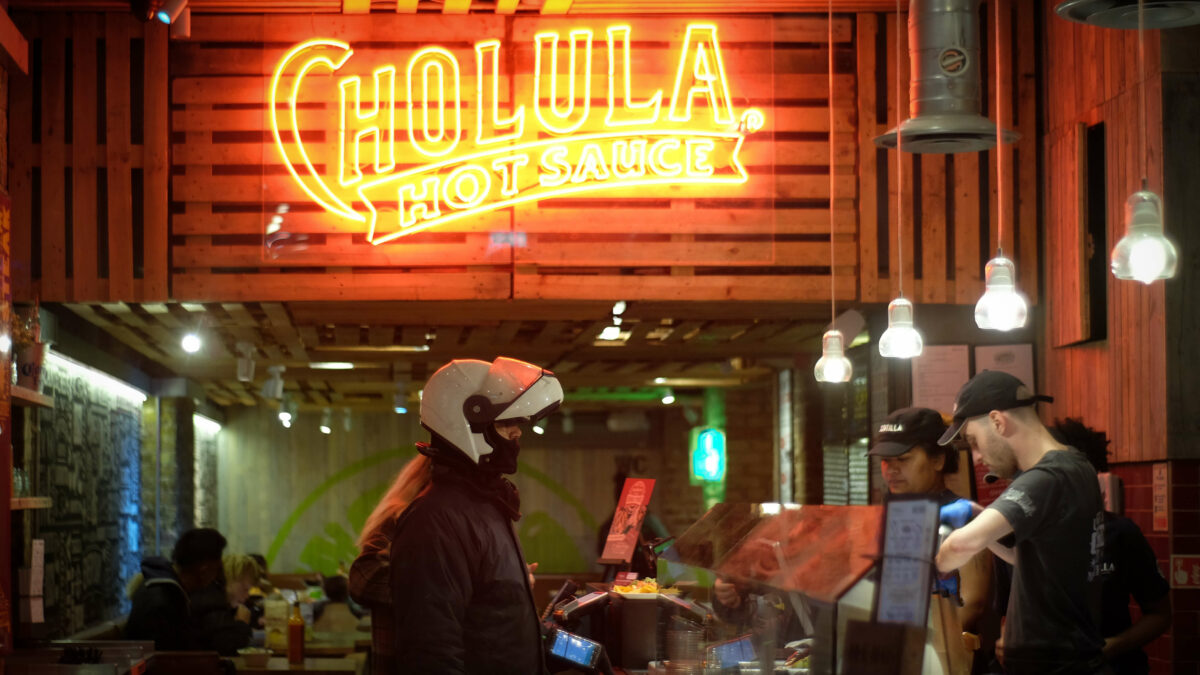
Dimensions of change
Work
Work becomes fluid, remote, unstable and performative The possibilities and challenges for working life continue to grow.
Incubating service propositions: Bringing services to market
The final phase of the process saw the launch of four minimum viable products, leading to the creation and support of new ventures to further develop and commercialise service offerings in partnership with RCA and Koa Health.
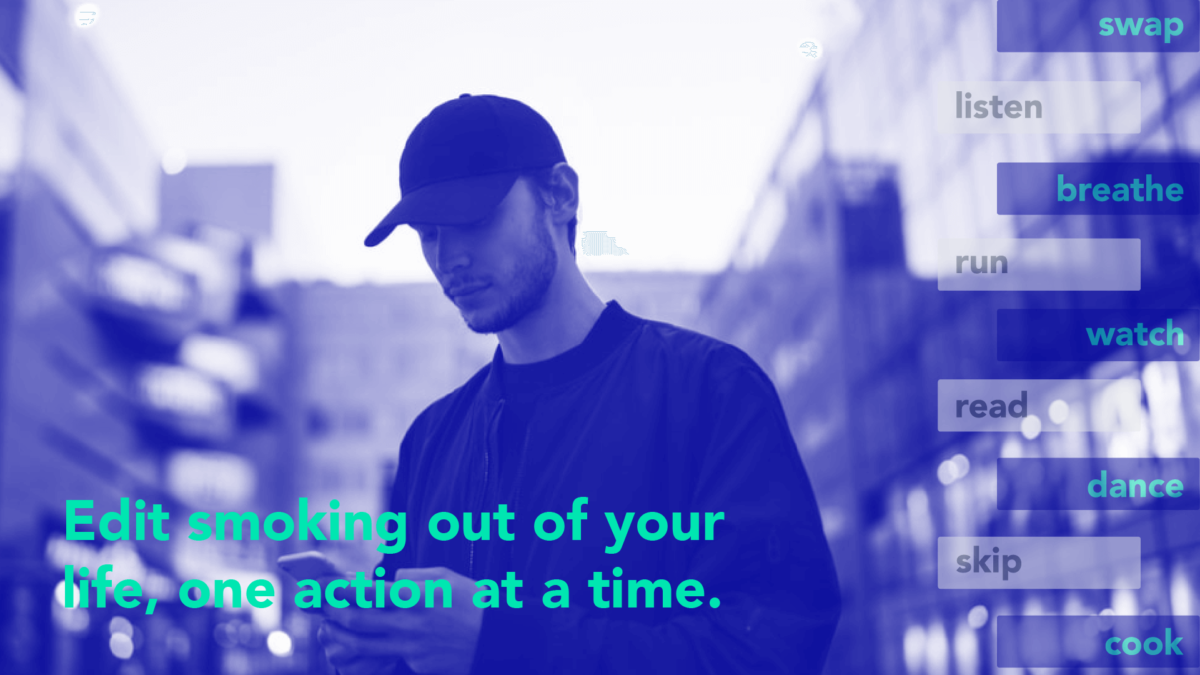
Live Services
Edit
Edit is an app that helps you fill your daily routine with more positive actions than smoking. It’s not about quitting cold turkey or feeling like a patient. It’s just about trying new things and seeing if they work for you and your lifestyle.
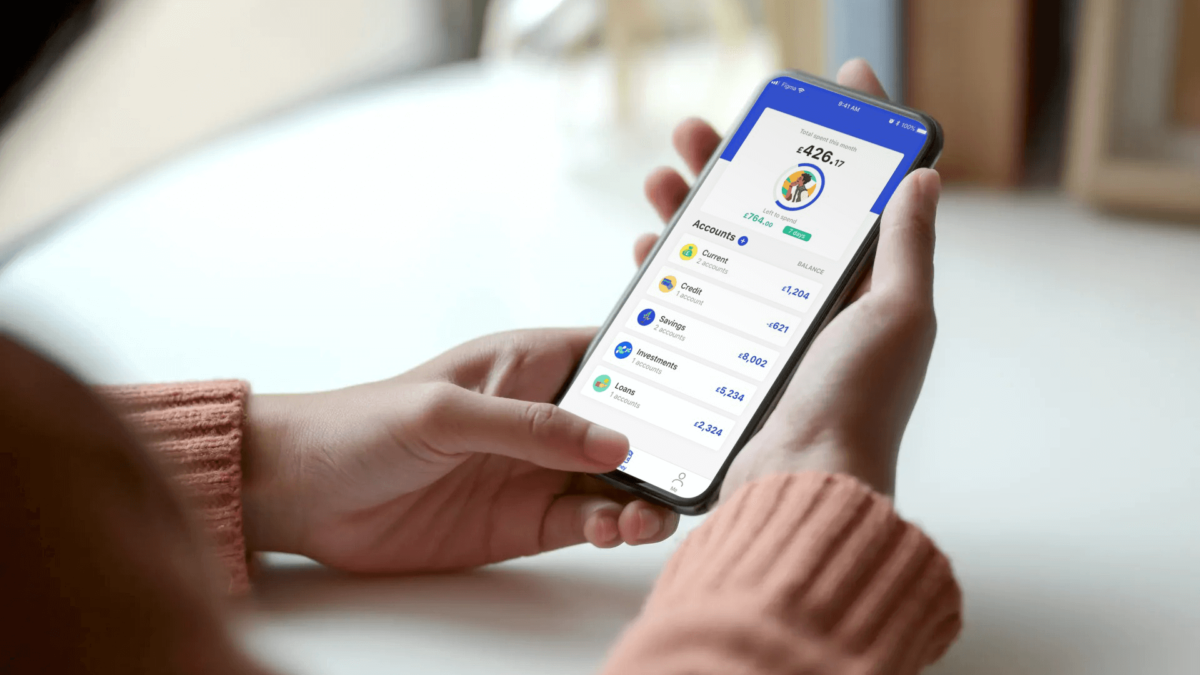
Live Services
Quirk
Quirk is a personal finance app that helps young people learn about and manage their finances according to their personality and interests so that they can ultimately make better financial decisions that align with their life goals.
RCA Service Futures Lab Team
The RCA research team was led by Dr. Nicolás Rebolledo, Head of the Service Futures Lab at RCA Service, with the sponsorship and supervision of Dr Nick de Leon, then Head of the RCA Service Design Programme and John Makepeace as Design Research Lead. The research team was composed of Francesca Ferrari, Mattia Gobbo and J Paul Neeley during the first phases. Many of the services visions and subsequent propositions were authored by students of the 2017-2019 and 2018-2020 cohorts of the RCA Service Design Programme.
